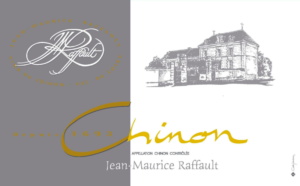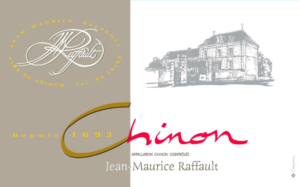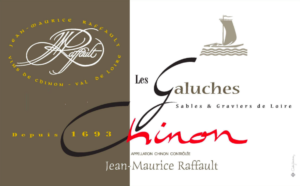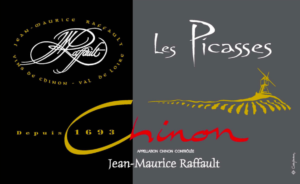
Chinon Rosé
$1.00
| Country | France |
|---|---|
| Region | Loire |
| Producer | Jean-Maurice Raffault |
| Size | 750mL |
| Style | Rosé |
| Practices | Organic |
| Grapes | Cabernet Franc |
| Other Features | Indigenous yeasts |
J-M Raffault’s Chinon Rosé is considered the finest of the Loire Valley. It is made from Cabernet Franc grapes planted on alluvial sand and gravel soils on the former Loire river bed. Raffault picks the fruit dedicated to the Rosé at the start of his harvest period, when it typically has attained one degree less in sugar than that of the Chinon Les Galuches, which is picked next.
All the fruit is selected on a sorting table before entering the press by gravity, and is never pumped. To enhance the quality of the Rosé, Rodolphe Raffault uses only pressed juice that is selected and vinified parcel by parcel. To ensure that the juice is as pure as possible, Raffault uses minimal pressure and fanatically avoids any possibility of oxygenation. And he uses only the juice obtained at the middle stage of the pressing, eliminating the first and last parts because they are not as pure. One day after the pressing, Raffault thoroughly clarifies the must (débourbage) to remove any solids that might diminish the wine’s aromatics and taste. Raffault ferments the Chinon Rosé at low, controlled temperatures (15-17 C) using only the grapes’ native yeast until it is fully dry. The constant, cool temperature maintains the wine’s natural CO2 level, one of the keys to the Rosé’s vivacity. The low temperature also prevents any malolactic fermentation as the Chinon Rosé develops on its fine lees in tank for 5 months. Before bottling in late February, the wine is racked to diminish the level of CO2 and is then lightly filtered to ensure clarity.
The color is light and bright cherry-red, the exact shade Rodolphe aimed for. Aromas and flavors of red currants, raspberry and pomegranate, citrus and cherry fruit emanate from the glass. The finish is long, fresh and succulent.
About the Producer

The Chinon appellation covers both banks of the Vienne River, which is a tributary of the Loire. The appellation encompasses 19 communes and has a total area of 2400 hectares. Its soils and climate are perfectly suited to the cultivation of the Cabernet Franc grape.
The Raffault family began cultivating vines in Chinon 14 generations ago, when their ancestor, Mathurin Bottreau, bought his first parcel of vines in 1693. Today, they owns 50 hectares of vines in 7 communes. The Cabernet Franc vines average 35 years of age and 10 hectares within these sites are 50 years of age. The Chenin Blanc vines average 20 years of age.
The late Jean-Maurice Raffault, father of the present manager and winemaker Rodolphe, was one the great personalities of Chinon. Upon taking over the family domaine in 1973, he revolutionized local practices. First, he abandoned polyculture in favor of the cultivation of only wine grapes. Beginning with only the 4.5 hectares he had inherited from his father, he purchased and planted some of the finest known sites of Chinon, expanding the domaine to 50 hectares - J.M. Raffault is the largest shareholder in Les Picasses vineyard. But most importantly, he began to vinify each parcel separately to ensure the typicity of each terroir and he used the name of the individual sites for the respective wines. No one has done this before! The practice of naming Chinons with site names is now commonplace in the appellation. Rodolphe Raffault succeeded his father in 1997, after completing his studies at the Dijon University school of oenology.
Vinification practices: the maceration period ranges from 15 to 28 days. Rodolphe continues the tradition of aging the Chinons in neutral oak casks that are more than 10 years old. The impressive cellar houses 900 barrels and is the largest in the region. Maturation takes place over 18 months in three huge caves cut into the limestone cliffs, protected from light and remaining at a constant temperature of 56 degrees and 85% humidity. Racking is done from barrel to barrel, in the traditional method, which helps to clarify the wines along with a later fining with egg whites. The wines are not filtered.
Farming practices: Certified organic.
Jean-Maurice Raffault
VIDEO
Equine Décaivaillonage at Clos de l'Hospice
Note: "décaivaillonage" is plowing.

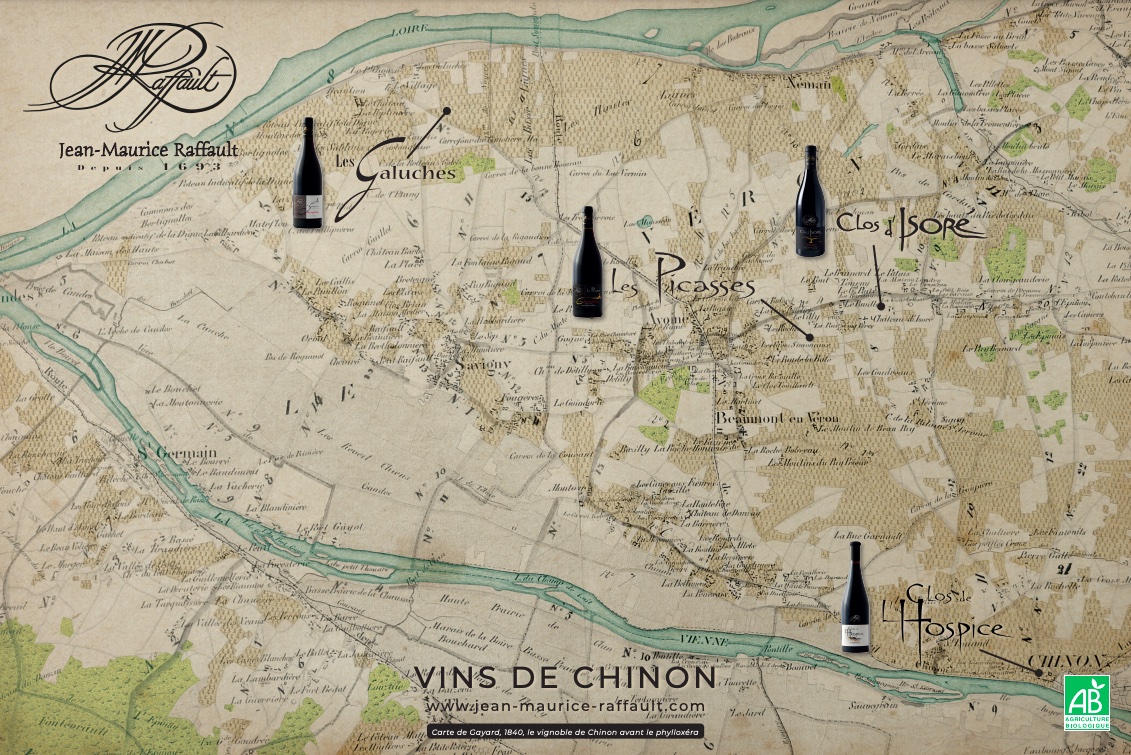

related products
-
Jean-Maurice Raffault
Chinon Blanc
-
Jean-Maurice Raffault
Chinon Rouge
-
Jean-Maurice Raffault
Chinon – Les Galuches
-
Jean-Maurice Raffault
Chinon – Les Picasses

